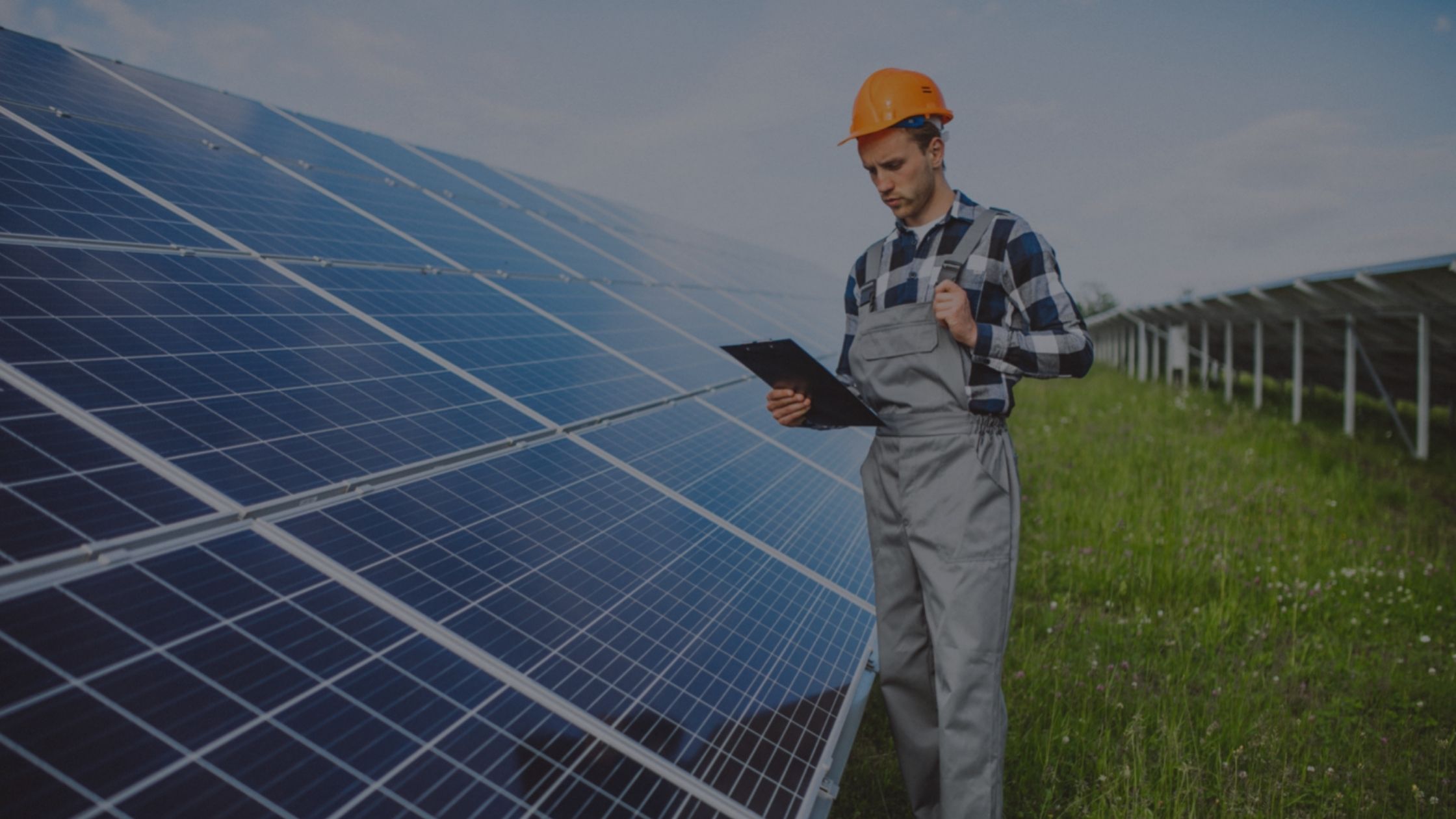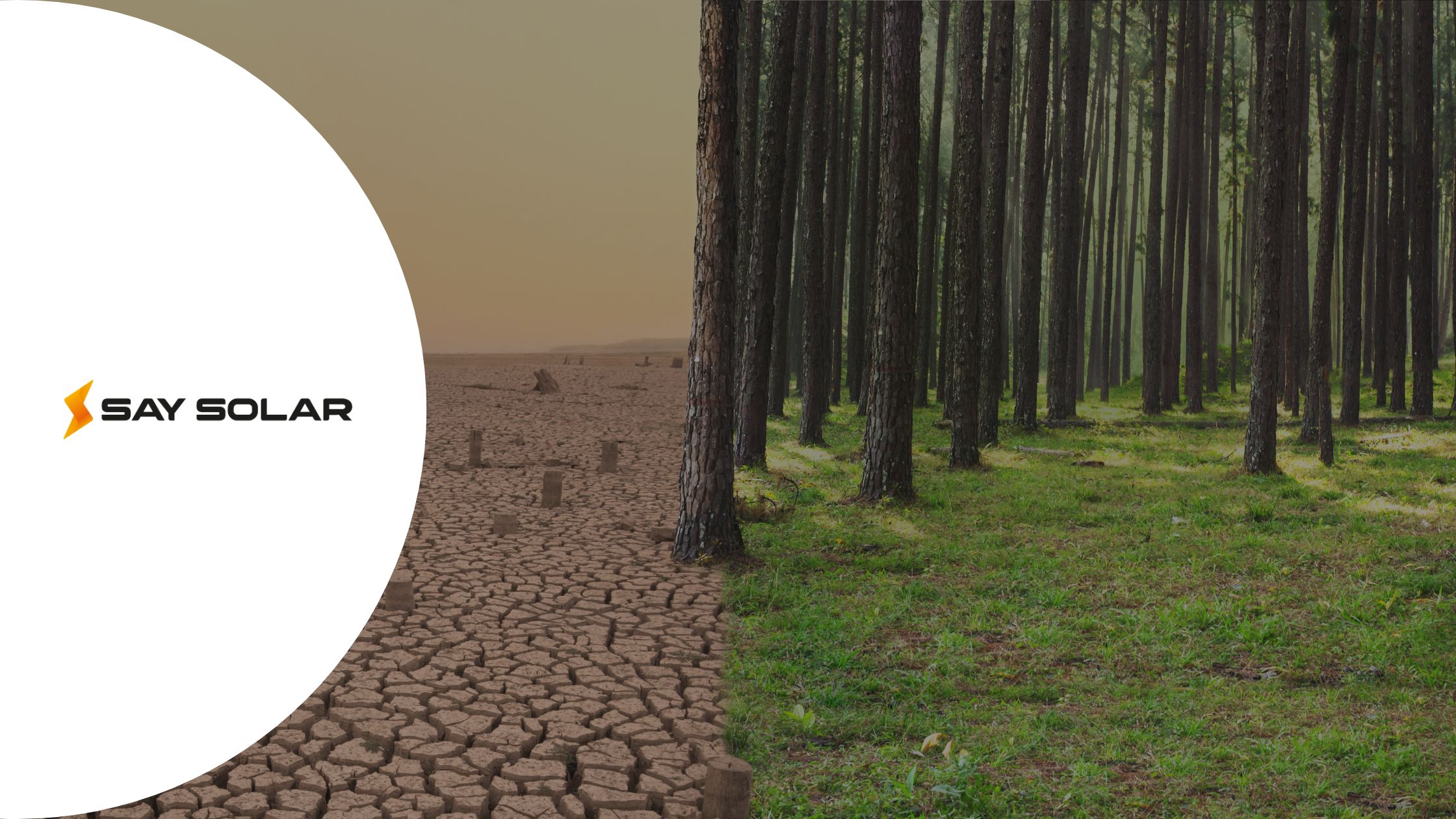A Complete Guide for regular cleaning and maintenance of Solar Rooftop panels
Solar rooftop panels for Residential are a great way to accomplish your home electricity needs. The amount of energy a solar panel can generate depends on the capacity of the panel and number of plates installed.
However, there are several factors which accounts for different amount of energy generation. One of the major factor is how we’ll maintained the solar panels are?
What does maintaining solar panels mean?
As solar rooftop panels are installed in an open area on top of the house or building, it collects dust and sand overtime on its surface. Along with this the bird poop, mud (caused due to rainwater) and more substances like this can be layered on top of the surface of solar panels.
Maintaining solar panels means cleaning them regularly to ensure that there’s no layer stacked on top of solar panel surfaces. This keeps the highest amount of surface of solar panels exposed to the sunlight.
Why it is important to regularly clean and maintain solar panels?
As mentioned in the previous para, maintaining solar panels regularly ensures that the highest area of the solar panel surface is exposed to the sunlight. Now, this is a simple calculation that the higher the amount of sunlight falls on the surface, the higher the electricity generation.
Thus, a properly maintained and cleaned solar panel can generate more electricity as compared to a dirty solar panel of the same capacity.
How do maintain and clean solar panels?
We hope that you have not understood the importance of regularly maintaining and cleaning the solar rooftop panels to generate adequate electricity. Now it’s the time to tell you some best practices and processes which will help you clean and maintain your solar panels.
• Install Water sprayers
If you have not yet installed solar panels then we suggest you install the water sprayer cleaning system along with it. It will reduce your effort greatly for manually cleaning and it will help you regularly maintain and keep the solar panels clean.
But if you have already installed the solar panels don’t worry, there are a lot of options for water sprayers.
• Cleaning Manually with water and soft soapless cloth/mop
Another way of cleaning solar panels will be cleaning them manually with water and a soft soapless cloth or mop. Make sure you are not using any harsh cloth to rub it as it might damage the protective coating over the solar panels.
Another thing to take care of is not using soap as it might stuck on the panels and collect dust more actively on the surface.
• Cleaning at the proper time
Along with the cleaning processes, it is also important to take care of the time when you clean the solar panels. Early mornings and late evenings are the best times to clean the solar panels.
Cleaning when the solar panels are hot might complicate the protective layer with a touch of water while hot. Also cleaning at peak hours will affect the electricity generation due to obstruction with water and mop.
• Frequency of cleaning
Do not overdo the cleaning for solar panels thinking that it will generate more and more electricity. Overcleaning might complicate the generation of cells and protective layers of the panels.
If you are living in a normal urban area then cleaning one time weekly is enough.
Having said these, there are some small things to take care of other than the above-mentioned things. Like not using any sharp objects to remove solid dust from the panels and more.
If you have not installed solar rooftop panels yet, then feel free to contact us. We are a fully complied solar company providing solar rooftop solutions for industrial, commercial, and residential use.
Get in touch
We are here to answer any question you may have. Feel free to reach via contact form.



